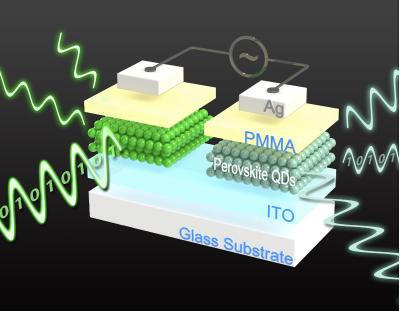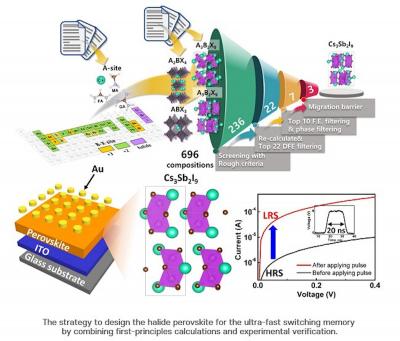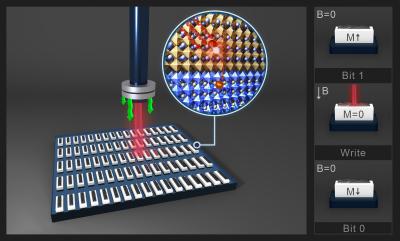Researchers design dynamical self-rectifying memristors based on halide perovskite nanocrystals
Researchers from China's Shenzhen Campus of Sun Yat-sen University have reported a new type of two-terminal self-rectifying memristor that gets rid of asymmetric complex structures by using CsPbBr3 perovskite nanocrystals (NCs). The integration of rectifying effects with resistance switching in a self-rectifying memristor offers the opportunity to suppress the sneak current in high-density crossbar arrays for energy-efficient neuromorphic computing.
This study demonstrates the possibility of constructing controllable self-rectifying memristors without involving asymmetric complex structures, paving a new way for resolving the sneak current issue in crossbar arrays of memristors.




 Australia-based
Australia-based 

